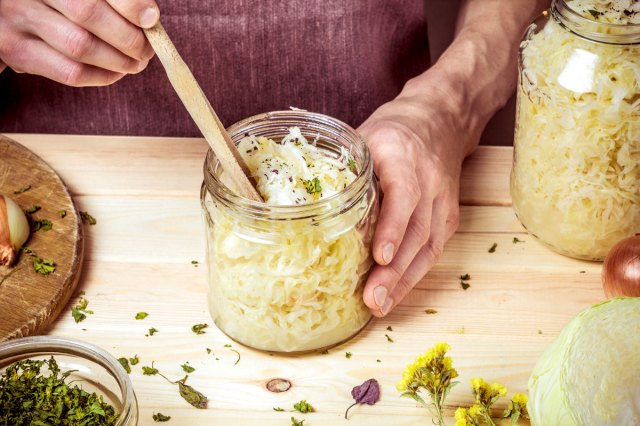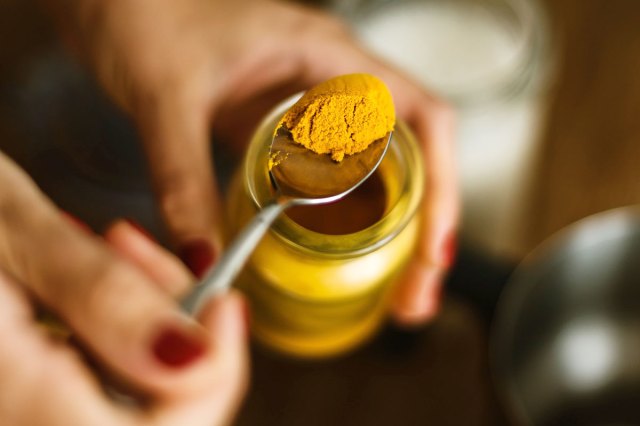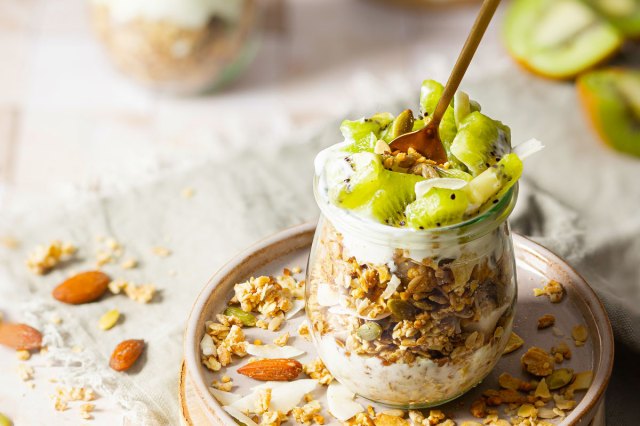Getting the flu stinks. Not only are you out of commission for a few days and dealing with body aches, chills, and fevers, but it can also feel like weeks before your immune system is back running at full speed. While medicine is helpful, how you nourish your body is just as important. Eating a vitamin and nutrient-rich diet can help your body protect itself and fight against germs and illnesses. Here are 10 immune-boosting foods you should eat this flu season, from citrus and liver to spices and shellfish.

Fresh Citrus
Citrus is rich in vitamin C, which boosts overall body health and increases the body’s ability to absorb iron. The recommended daily amount for vitamin C is 75 milligrams for women and 90 milligrams daily for men. Consider eating grapefruit with breakfast or spruce up your lunch salad with orange slices. If drinking citrus is more your thing, an 8-ounce cup of orange juice has approximately 124 milligrams of vitamin C.

Beef Liver
Don’t shy away from eating organs — they’re some of the most nutrient-rich foods available. Liver contains high levels of vitamin A — a critical component in developing immune cells — and B12 — an essential vitamin for immune cell production. Beef liver is also rich in antioxidants, which reduce inflammation.

Sauerkraut
Sauerkraut contains lactic acid bacteria, which increases the body’s ability to absorb nutrients and reduces inflammation. Fermented cabbage also has high levels of vitamins C and E, which are antioxidants.
Reader Favorites

Sunflower Seeds
Sunflower seeds are full of antioxidants such as zinc and selenium. They also have high levels of vitamin E, which helps prevent conditions such as arthritis and cataracts. They are also rich in “healthy” fats that lower cholesterol and blood pressure.

Red Bell Peppers
Red peppers offer tremendous immune support. They contain more vitamin C than most citrus and are also rich in beta-carotene, an antioxidant that boosts eye health.

Turmeric
Turmeric is a spice that contains curcumin, a chemical responsible for its vibrant yellow color. As a natural anti-inflammatory, turmeric activates immune cells, helps muscles recover after workouts, and decreases soreness.

Shellfish
Shellfish, including crabs, lobsters, and oysters, are rich in zinc, which boosts infection-fighting cells. Shellfish also contain high levels of vitamin B12 and omega-3 fatty acids, contributing to healthier brains and hearts.

Leafy Vegetables
Leafy vegetables, like spinach, kale, and collard greens, contain high levels of vitamins C and K, which produce proteins necessary for bone and blood health. Leafy greens are also high in fiber, aiding digestion and overall gut health.

Ginger
Ginger is a versatile herb with antibacterial, antioxidant, anti-inflammatory, antiviral, and antibiotic properties. Start your day with a shot of fresh ginger or add it to home-cooked stews, curries, and stir-fries.

Greek Yogurt
Greek yogurt is known for containing probiotics that contribute to a healthy gut, but it also has many additional immune benefits. Greek yogurt is rich in zinc and selenium — minerals that reduce inflammation — and contains iodine, a critical component for proper thyroid function.
Featured Image Credit: Natalia Blauth/ Unsplash+
More From Our Network
Better Report is part of Inbox Studio, which publishes content that uplifts, informs, and inspires.















